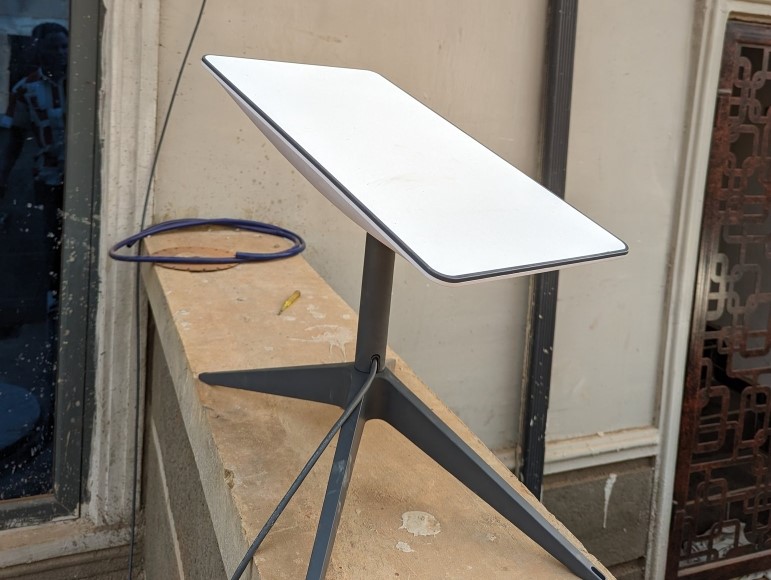South Africa to Seek Tesla and Starlink Deals During Ramaphosa's US Visit
President Cyril Ramaphosa's visit to Washington includes a crucial meeting with U.S. President Donald Trump, with a focus on mending strained U.S.-South Africa relations and promoting business opportunities for Elon Musk’s companies. One key aspect of the talks involves potentially favorable tariffs for Tesla and licensing opportunities for Starlink in South Africa, according to sources familiar with the discussions.
The visit seeks to address deteriorating relations, exacerbated by Trump’s criticisms of South Africa’s land reform policies and its genocide case against Israel at the International Court of Justice. Tensions have risen due to U.S. aid cuts, tariff pressures, and the U.S. granting refugee status to 49 white Afrikaners, a move Pretoria disputes, especially amid Trump’s claims of “genocide” against white farmers. These claims have been widely debunked by experts.
Ramaphosa’s spokesperson, Vincent Magwenya, stated that the meeting aims to “reset” bilateral ties, emphasizing trade and mutual interests, particularly given the U.S. as South Africa’s second-largest trading partner. However, analysts anticipate a potentially contentious exchange, considering Trump’s firm stance and recent diplomatic issues, including the expulsion of South Africa’s ambassador.
President Cyril Ramaphosa's administration is reportedly planning to offer a workaround to the BEE local laws to facilitate Starlink's operation in the country, according to Bloomberg News. This offer is expected to be discussed in a last-minute meeting between Musk or his representatives and a South African delegation accompanying Ramaphosa.
Musk has previously claimed that Starlink was barred from operating in South Africa due to his race, an allegation South African officials have denied. The Independent Communications Authority of South Africa clarified that Starlink had not applied for a license. Musk's statement was interpreted as criticism of Black Economic Empowerment rules, which require foreign-owned telecommunications licensees to cede 30% equity in their local subsidiaries to historically disadvantaged groups.
Magwenya informed Reuters that Starlink licensing would be a topic of discussion during the U.S. visit. The administration hopes to find a mutually agreeable solution.











